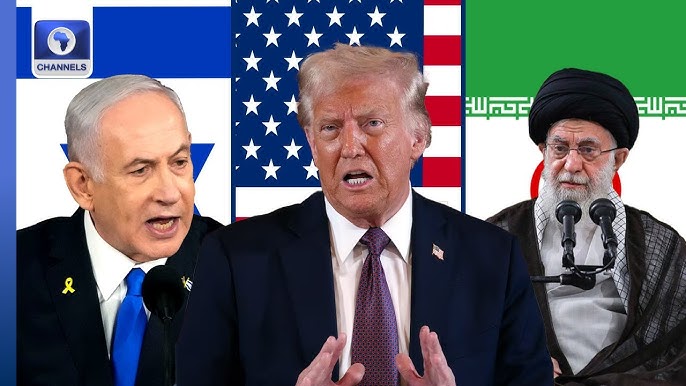Donald Trump Finalizes Stance on Israel Amid Rising Tensions as Iran Issues Deadline
In a significant geopolitical development, former U.S. President Donald Trump has reportedly finalized his position on key policies concerning Israel, just as Iran issues a firm deadline in response to mounting regional tensions. The situation has drawn intense international attention, as diplomatic relations across the Middle East grow increasingly strained.
According to sources familiar with the matter, Trump — who remains an influential figure in American and global politics — concluded a series of high-level discussions with advisors and foreign policy analysts before settling on his final decisions regarding Israel. While the full scope of his policy stance has not been made public, insiders suggest it involves renewed support for Israeli security initiatives and strategic partnerships, particularly in light of recent threats and regional instability.
Trump’s decision comes at a critical time, as Iran has reportedly set a deadline for diplomatic or military responses tied to recent developments in the region. Tehran’s move is seen by analysts as an effort to pressure the international community and reassert its influence in an increasingly polarized environment. The deadline, while not officially confirmed, is believed to relate to either ongoing nuclear negotiations or growing tensions with Israel over military and intelligence operations.
This convergence of events has triggered a flurry of activity among global diplomats and security experts. Many fear that a misstep from any of the involved nations could escalate into a broader conflict. Trump’s finalized position — likely to be viewed as strongly pro-Israel based on past policies — may further complicate international efforts aimed at de-escalation.
During his presidency, Trump was known for his bold and often controversial Middle East strategies, including recognizing Jerusalem as Israel’s capital and brokering the Abraham Accords, which normalized relations between Israel and several Arab nations. His current moves appear to align with his established approach to foreign policy: decisive, heavily pro-Israel, and openly critical of Iran’s actions.
Experts warn that Iran’s deadline, coupled with Trump’s assertive stance, could raise the stakes in an already volatile region. With U.S. elections approaching, Trump’s continued involvement in shaping discourse around foreign policy may have long-lasting implications, not just for American diplomacy but also for regional stability.
While official responses from Israeli and Iranian officials remain measured, the situation is being closely monitored by global leaders. More details about Trump’s finalized decisions and Iran’s specific demands are expected to emerge in the coming days, potentially setting the tone for future conflict resolution — or confrontation — in the Middle East.
Stay tuned for further updates as this developing story unfolds.


